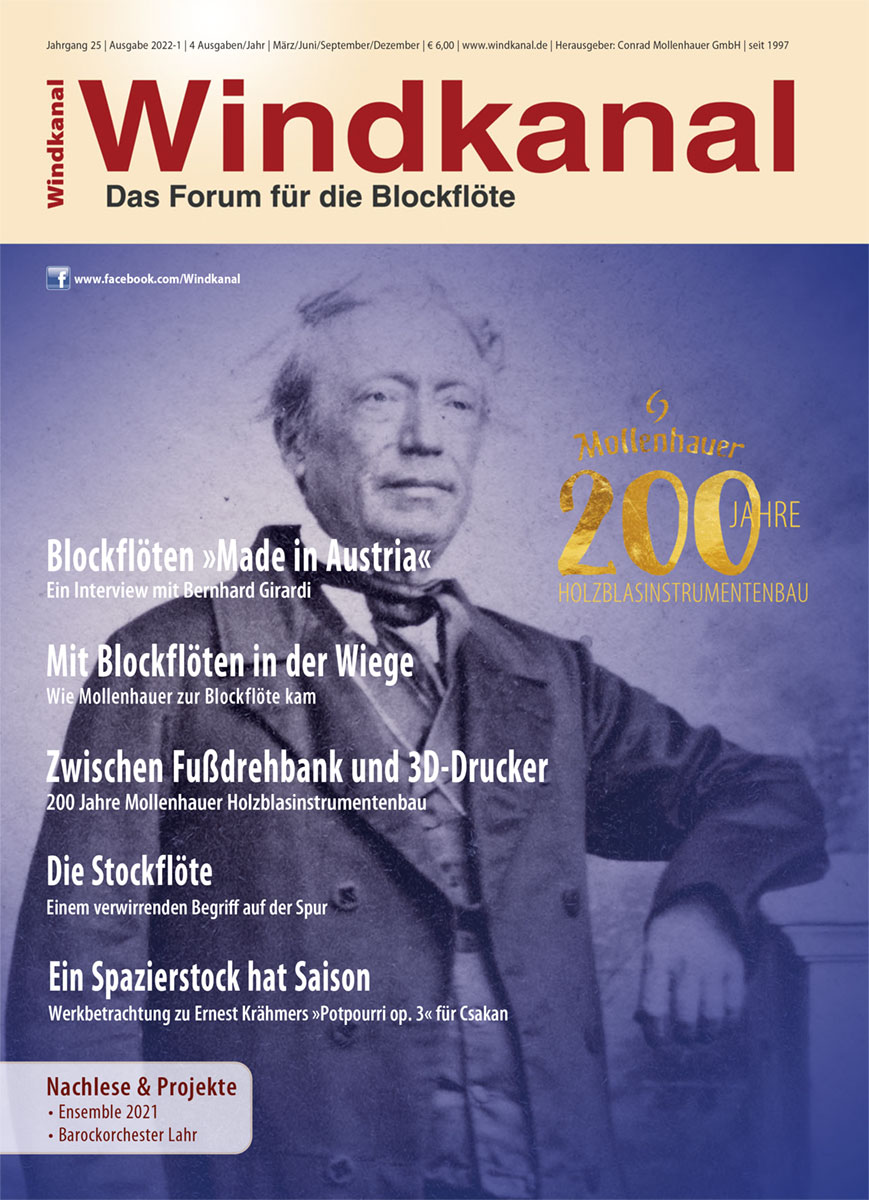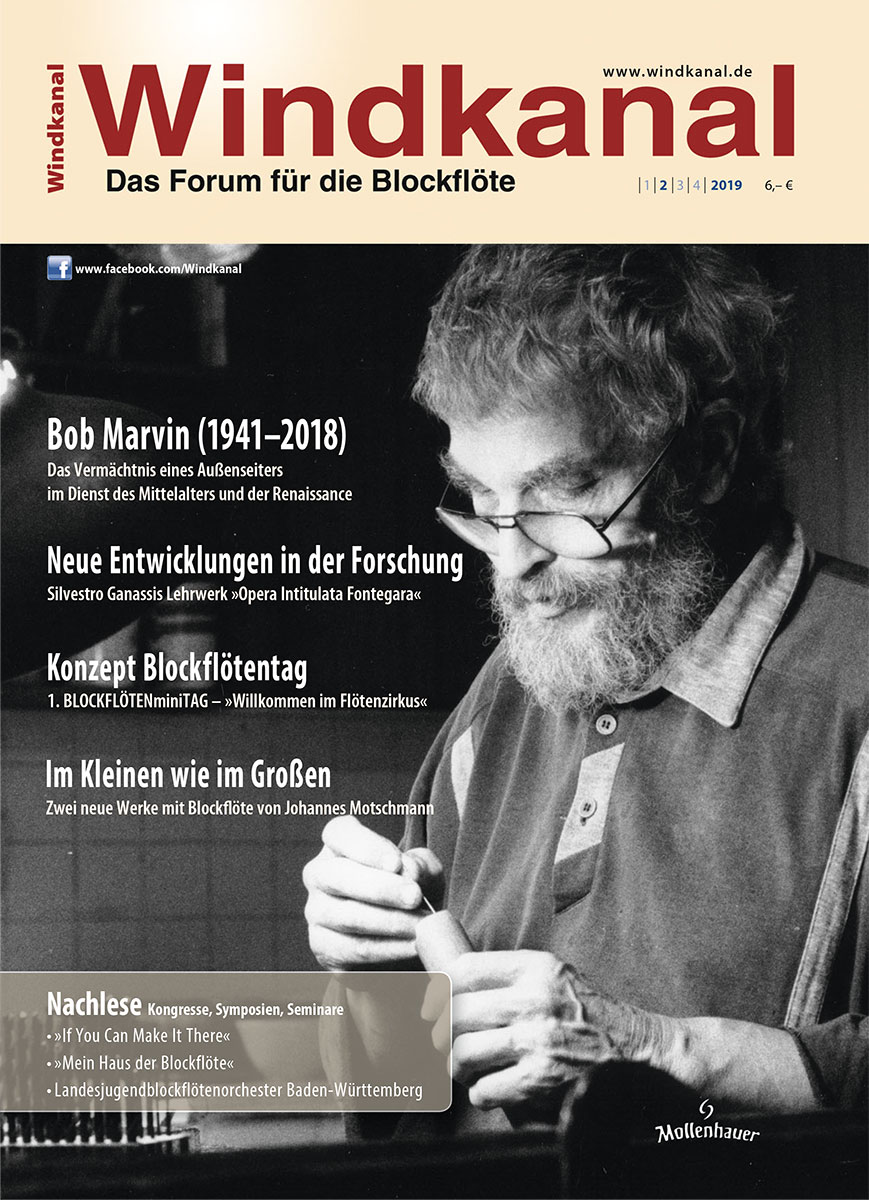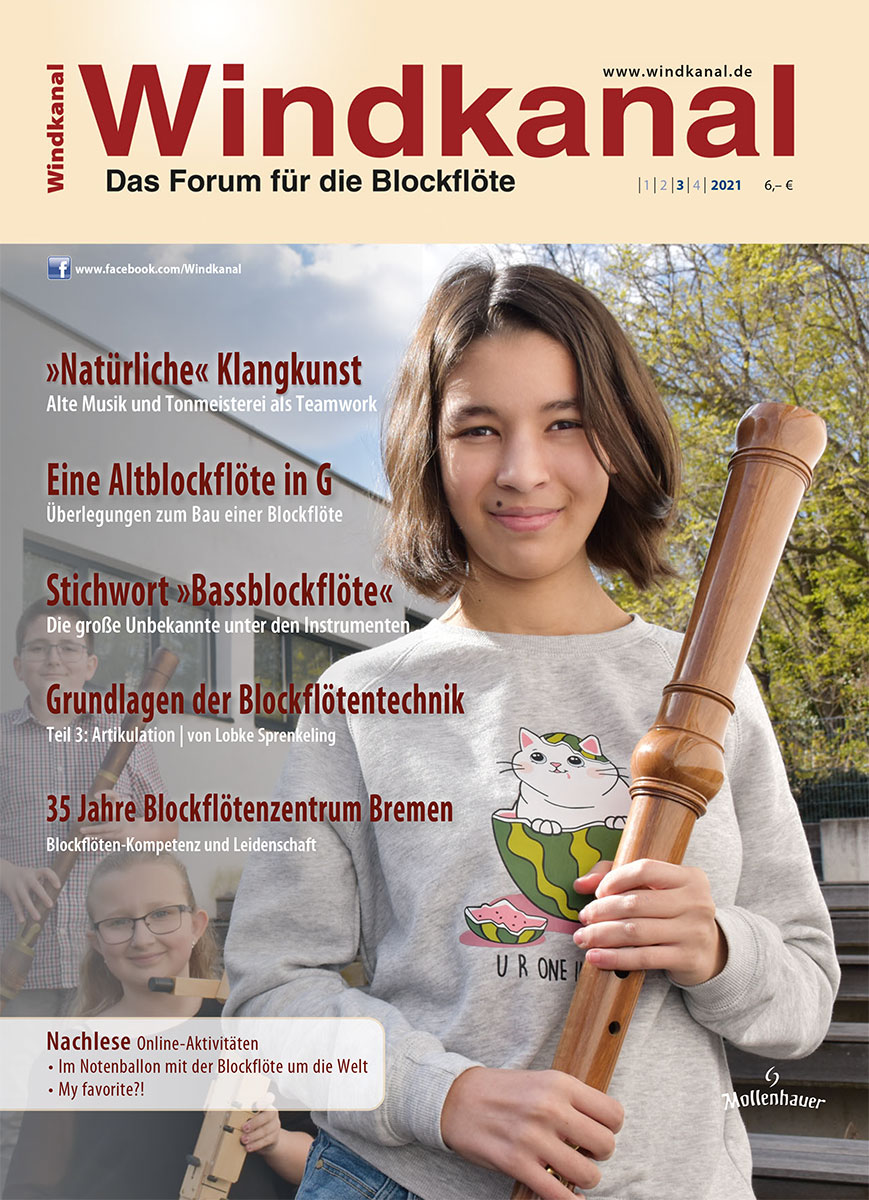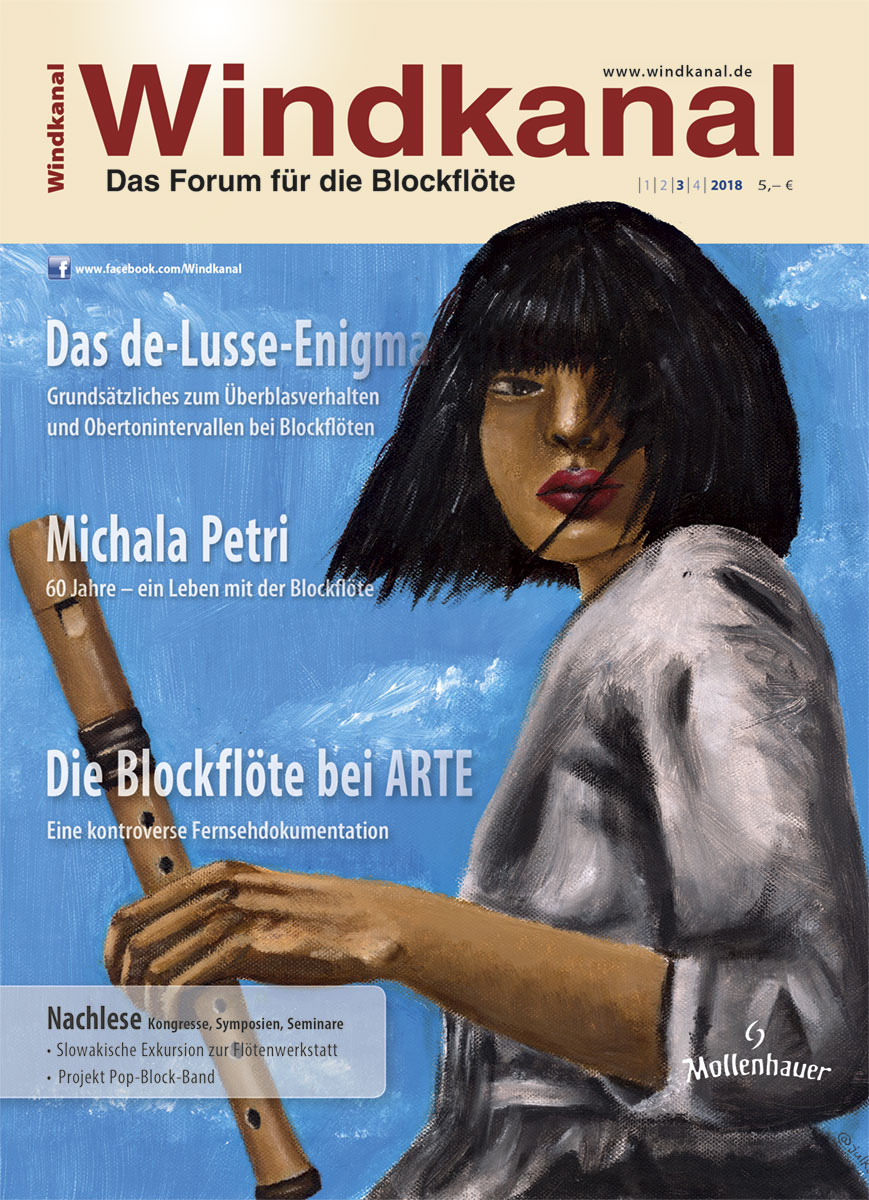Kalender
| Mon | Tue | Wed | Thu | Fri | Sat | Sun |
|---|---|---|---|---|---|---|
|
1
|
2
|
3
|
4
|
5
|
6
|
7
|
|
8
|
9
|
10
|
11
|
12
|
13
|
14
|
|
15
|
16
|
17
|
18
|
19
| ||
|
22
|
23
|
24
|
25
|
26
|
27
|
28
|
|
29
|
30
| |||||
Soprano recorder Denner-Edition 442 Hz satinwood
Highest soloistic demands
Strong and variable in tone, flexible and focused in response, stable in perfect intonation. For the finest in early music.
We dedicate an extensive amount of time to crafting these exclusive instruments. Every instrument is voiced over a long period of time – periods of intense playing alternate with phases of fine tuning. In this way, the recorder maker can closely monitor and adjust the development of every instrument.
Hand-crafted instrument
- Craftsman-made windway
- Heavily undercut finger holes
- Bushed thumbhole
- Rounded and polished beak
- Finish: historically stained, oiled and polished by hand.
- Threaded joints
Wood type: Satinwood historical stained
Fingering: Baroque with double holes
Fingering chart:download
Range: f1 – c4
Pitch: a1 = 442 Hz
Satinwood
This rich wood from East India was very popular in the 19th century but then fell into disuse. Now Mollenhauer has rediscovered this wood for the production of recorders. Satinwood has a silky, shiny surface, is finely-pored, and has a regular grain. The colour of the wood can vary from very pale yellow to a dark golden yellow. A further hallmark of this hard and durable turning wood is its beautifully decorative striped or spotted appearance. Recorder players like the well-centred and brilliant sound colouring that is associated with the harder woods. Mollenhauer uses this rich satinwood especially for the hand-finished baroque alto recorders and also for the electro-acoustic Elody in the unbrushed natural wood model.

- Instrument
- Leather bag
- Cleaning rod wood
- Joint grease
- Fingering chart
- Maintenance instructions





































